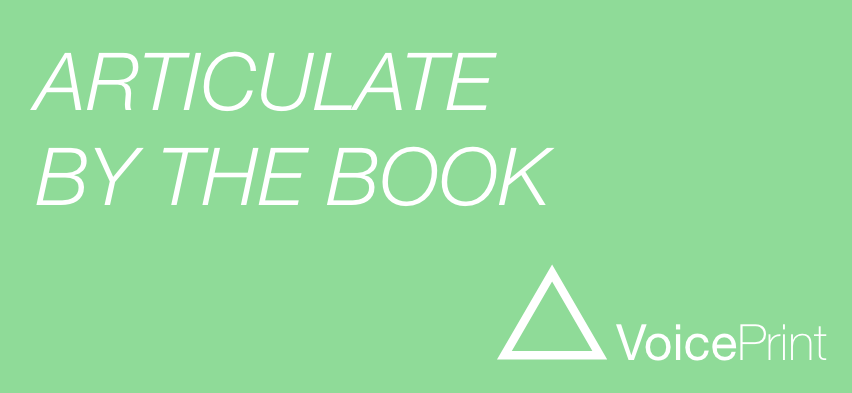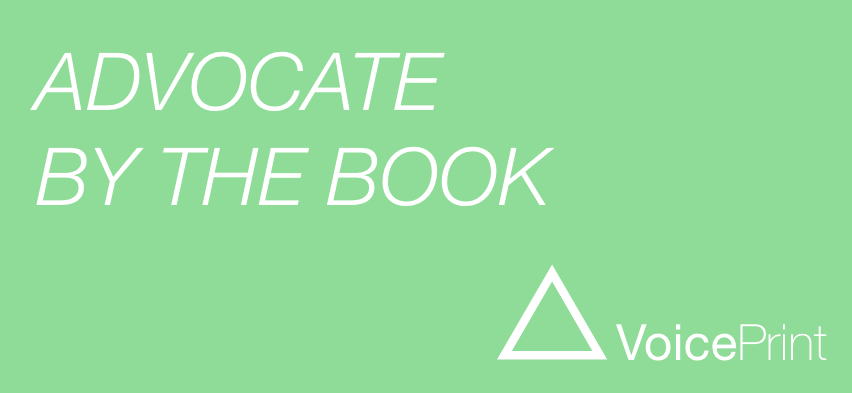If you didn’t hear yesterday morning’s Radio 4 interview between the BBC’s John Humphreys and the Japanese Ambassador to Britain, you missed a master class in good communication. It’s worth listening to, because we’re all going to have to pay a lot more attention to the quality of the dialogues surrounding the implementation of the Brexit vote, if that complex process is to take place in a spirit of co-operation, development and resolution rather than remain stuck in the simplistic exchange of rhetorical sound-bites which characterised the pre-referendum debate.
Yesterday morning’s master class was given, not by the professional interviewer and presenter but by the professional diplomat. Although both professions can claim to being in the business of developing understanding, this interview revealed a fundamental difference in the nature of the discourse that each uses to do it. One is focused on producing news, a form of momentary attention, while the other is aimed at building a basis for relating on an ongoing basis.
John Humphreys has a reputation for being a tenacious or even pugnacious questioner, but of course this has become part of the stock-in-trade for a broadcaster-journalist. He introduced his interviewee politely and then swung into his usual routine: an initial, relatively open inquiry (not always used, but employed on this occasion), followed by a succession of probes, interruptions and challenges to what his guest was saying.
And the Ambassador? He began with a patient exposition of the reasons why his country had chosen the occasion of the current G20 Summit of world leaders in China to release a paper setting out Japan’s concerns regarding Brexit. And he continued in the same vein. He was clear. He was informative. He was balanced. He set out the issues and the reasoning behind them in a careful, matter-of-fact way. When Humphreys interrupted, as he did, the Ambassador listened and then responded to the point being raised. There was no dodging, no verbal arm-wrestling with the interviewer, no indignant demand to be treated with greater respect. He responded to all of John Humphreys’ questions in the same unruffled, lucid and exceptionally informative way.
It was an important corrective to the media’s suggestion over the weekend that the Japanese had dropped some sort of bombshell in publicly disclosing their concerns. The Japanese have not dropped a bombshell; they are showing us some of the wiring in a time-bomb of our own creation. They, like many others, have a vested interest in having a productive dialogue on the subject, because they, like many others – not least of all ourselves – stand to be significantly affected by the outcome.
The Japanese Ambassador spoke in a manner which created both understanding and relationship. You could hear it happening, as Humphreys gradually abandoned his probing for further detail and his provocative challenges. There was no need for them. The Ambassador was answering the questions fully and without evasion. By the end, the two men were using the same voice, the voice of articulation, the voice which uses clarification as a basis for building shared understanding.
This conversation didn’t solve the problem of Brexit. It will take many, many more conversations to achieve that and this was only one of them. The role of this conversation was to create a small piece of understanding. But conversations do not just serve a function. They also represent opportunities – and I use that word pointedly, because many conversations fail to take the opportunity which they represent. Conversations always constitute opportunities to make things happen, to develop thinking, feeling and behaviour, to take things forward in useful directions.
This Japanese Ambassador gave us a master class in how we can do that by talking with rather than at each other.
Click here for a link to the interview on the BBC website.
Author: Alan Robertson

Director Business Cognition Ltd & co-creator of VoicePrint
Learn more about using VoicePrint?
Ready for a conversation?


